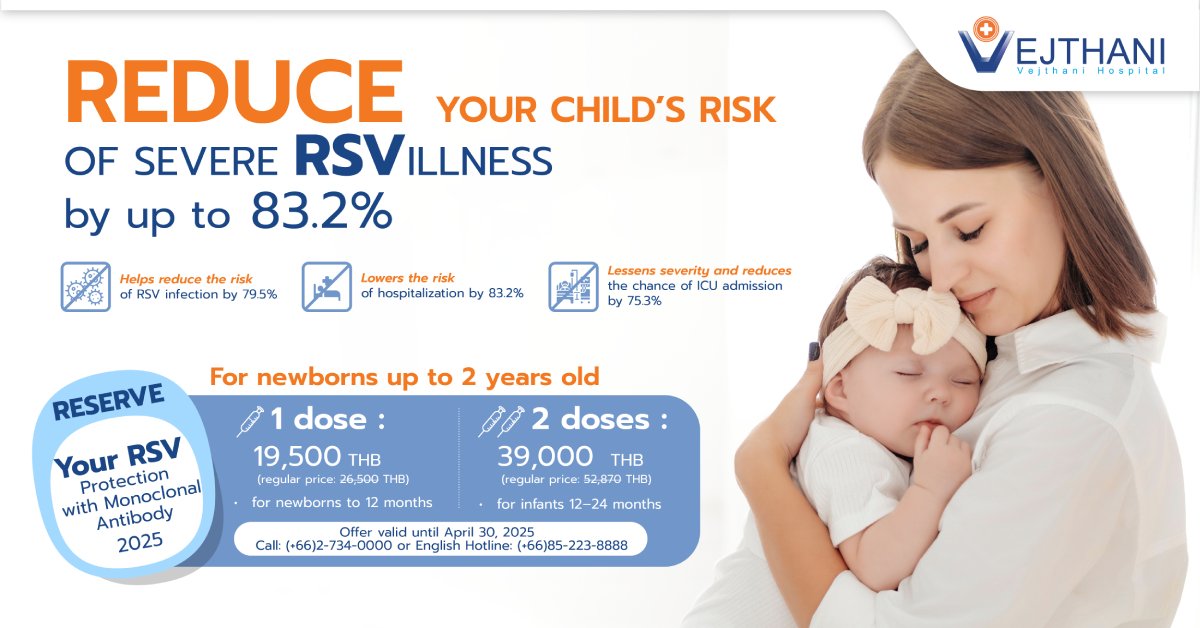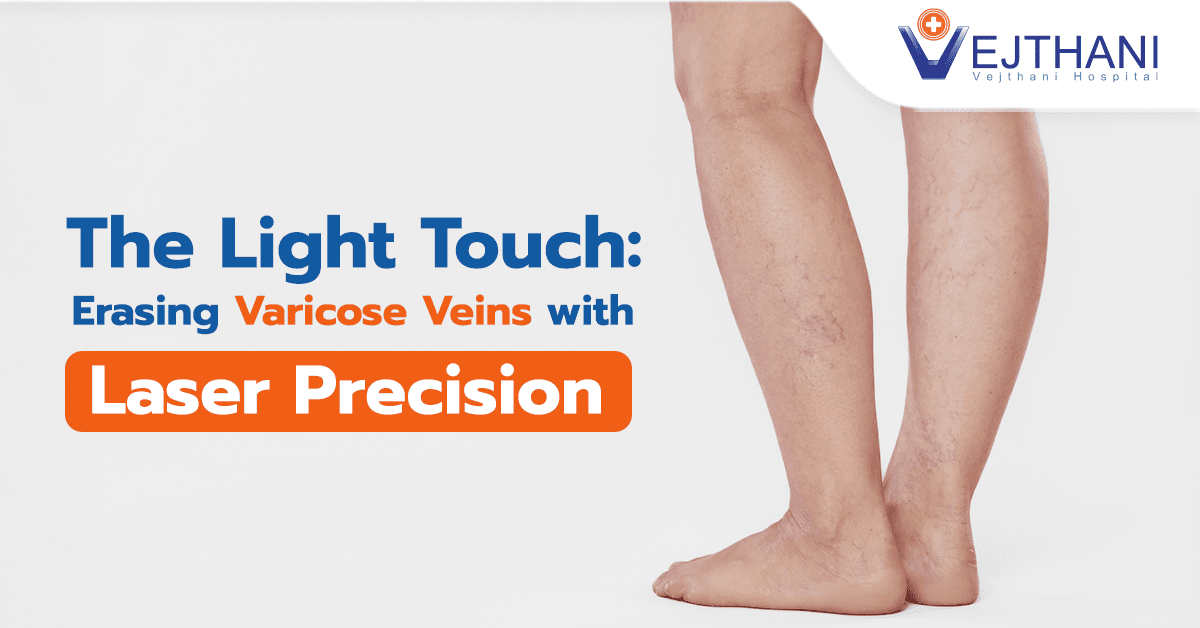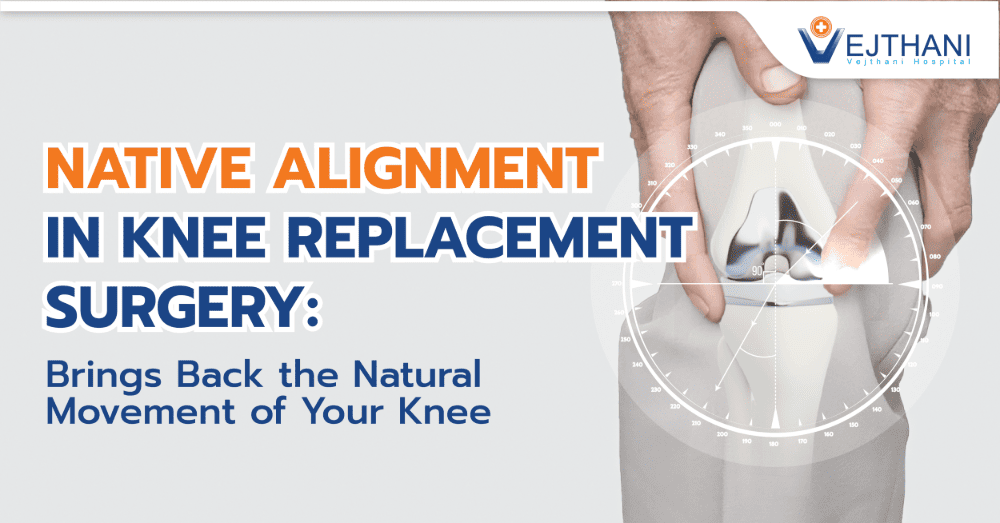
Radioactive iodine therapy (RAI)
Overview
Radioactive iodine (RAI) therapy is a treatment commonly used for hyperthyroidism and certain types of thyroid cancer. Though the term “radioactive” might sound alarming, the therapy is safe and generally well-tolerated. It works by specifically targeting thyroid cells to permanently destroy them while minimizing exposure to the rest of the body’s cells. However, precautions are necessary as small amounts of radiation can be emitted, potentially affecting those around you.
The thyroid gland naturally requires iodine to produce thyroid hormones, which you typically obtain through your diet and iodized salt. RAI therapy involves administering radioactive iodine, which is absorbed by the thyroid and then works to destroy thyroid cells with radiation. This process makes RAI an effective treatment for conditions related to an overactive or cancerous thyroid.
In radioiodine therapy, healthcare providers use iodine-131, a radioactive form of iodine. The treatment is available in different forms, including oral capsules, oral liquid solutions, and intravenous injections, depending on the patient’s needs.
Reasons for undergoing the procedure
Radioactive iodine therapy for hyperthyroidism
Hyperthyroidism can occur due to Graves’ disease, where the entire thyroid gland becomes overactive, or due to overactive thyroid nodules, known as toxic nodules. Treatment options for hyperthyroidism include antithyroid medications, thyroidectomy (surgical removal of the thyroid), and radioactive iodine (RAI) therapy.
Healthcare providers may recommend radioactive iodine therapy when:
- Antithyroid medications are ineffective or not suitable.
- Surgery poses significant risks due to health factors.
- The patient’s life expectancy is reduced due to other conditions.
RAI therapy typically results in the permanent destruction of the thyroid, effectively curing hyperthyroidism. Most patients will need to take lifelong thyroid hormone medication (levothyroxine) to maintain normal thyroid hormone levels after the therapy.
Radioactive iodine therapy for thyroid cancer
For papillary thyroid cancer (PTC) and follicular thyroid cancer, radioactive iodine therapy is often part of the treatment plan. It may be used to destroy any remaining thyroid tissue after surgery or to treat cancer that has spread (metastasized) to lymph nodes or other areas of the body.
However, RAI therapy is ineffective for anaplastic thyroid cancer and medullary thyroid cancer, as these cancers do not absorb iodine.
RAI therapy is not recommended for individuals who:
- Are pregnant, as radioiodine can cross the placenta and harm fetal development.
- Are breastfeeding (chestfeeding).
- Have moderate to severe Graves’ ophthalmopathy.
- Suffer from severe thyrotoxicosis (excessively high thyroid hormone levels).
- Are experiencing vomiting or diarrhea, which may affect the therapy’s effectiveness.
Risk
Radioactive iodine therapy carries some risks, including:
- Reduced sperm count and potential male infertility for up to two years post-treatment.
- Irregular menstrual cycles for up to a year after treatment.
- Thyroid storm, which involves dangerously high levels of thyroid hormone.
While these complications are rare, there is also a slightly elevated risk of developing:
- Leukemia
- Salivary gland cancer
- Stomach cancer
- Thyroid cancer (if RAI was used for treating hyperthyroidism)
Additionally, you may carry the radiation for several days following the procedure, which could expose others. Your healthcare team will provide detailed instructions to minimize radiation exposure, especially for pregnant individuals, infants, and young children.
Before the procedure
Your healthcare provider will probably schedule a visit with you at least one month before to radioactive iodine (RAI) therapy to go over the process and make any necessary preparations. Possible preparation tasks include:
- Blood tests to assess your thyroid hormone levels.
- Discontinuing thyroid-suppressing medications, such as propylthiouracil or methimazole, at least one week prior.
- Adhering to a low-iodine diet for one to two weeks before the treatment. Your healthcare provider will specify which foods to avoid.
- Receiving thyroid-stimulating hormone (TSH) injections to enhance iodine absorption by your thyroid.
- Stopping breastfeeding at least six weeks before the procedure, if you are willing and able to do so.
Just before the procedure, you may need to:
- Take a pregnancy test, as RAI therapy is not safe during pregnancy.
- Undergo a body scan to check for any remaining cancer cells if you have thyroid cancer.
- Take medicine before the surgery to avoid nausea and vomiting.
Your healthcare provider will provide you thorough guidance on how to prepare. Make careful to pay great attention to their recommendations and ask any questions you may have.
During the procedure
The radioactive iodine (RAI) therapy procedure is usually quick and involves either swallowing the radioiodine in a capsule or liquid form or receiving an IV injection at a hospital. The preparation and post-treatment precautions are generally more involved than the procedure itself.
- For hyperthyroidism: You will take radioactive iodine orally, either as a single capsule or liquid dose. This outpatient procedure allows you to go home after receiving the dose. The radioiodine is absorbed through your gastrointestinal (GI) tract into your bloodstream and then collects in your thyroid gland. It works to shrink the thyroid and lower thyroid hormone levels.
- For thyroid cancer: For thyroid cancer, you will receive a larger dose of radioactive iodine, either orally or via IV injection. This may require a hospital stay post-procedure. Most patients need only one dose, but some may require a second treatment to ensure any remaining cancerous thyroid tissue is destroyed.
After the procedure
Following your radioactive iodine treatment, a healthcare provider will monitor you for any potential issues or complications. You might be able to return home the same day, depending on the dose and other factors, or you may need to stay in the hospital for further observation.
Your healthcare team will provide detailed instructions on the precautions to follow if you are discharged.
The radioactive iodine remains in your body for only a short period. Most of it is eliminated within the first few days after treatment, primarily through your urine, though small amounts may also be present in your saliva, sweat, and stool.
Outcome
RAI therapy typically targets only your thyroid gland, minimizing harm to the rest of your body. However, you may emit radiation through bodily fluids such as urine, saliva, and sweat, which could affect others. To protect those around you, you’ll need to follow specific precautions, as outlined by your healthcare team. These may include:
- Maintaining distance: Keep at least 3 feet away from others for the first 8 hours post-treatment and stay 6 feet away from pregnant individuals and children.
- Avoiding close contact: Sleep alone and avoid prolonged intimate contact, including sexual intercourse and kissing, for three to four days. Brief contact like handshakes or hugs is generally acceptable.
- Hydration: Drink plenty of fluids to help flush out the radiation.
- Bathroom use: Sit while urinating and flush the toilet twice. If possible, use a designated bathroom for yourself and avoid public restrooms.
- Hygiene: Wash your hands frequently and bathe or shower daily.
- Laundry: Wash your clothes, bed linens, and towels daily, and keep them separate from others’ laundry. Avoid sharing these items.
- Food preparation: Avoid handling food for others that requires prolonged contact with your bare hands.
- Dishware: Use and wash your own dishes, cups, and utensils separately from those of others.
- Travel: Avoid public transportation and long car trips with others if possible.
After receiving radioactive iodine (RAI) therapy, it’s important to follow your healthcare provider’s advice regarding precautions. Generally, women are advised to avoid pregnancy for six to twelve months, while men should refrain from conception for at least six months.
You’ll also need to keep your distance from others for a period ranging from three days to two weeks, depending on the dose of radioiodine and individual factors. Those treated for thyroid cancer typically need a longer isolation period compared to those treated for hyperthyroidism.
Your healthcare team will provide you with specific instructions tailored to your situation, so be sure to ask any questions you have. Radioactive iodine is effective at targeting and destroying thyroid tissue, making it a reliable treatment for certain thyroid disorders.
For any follow-up questions or if you experience concerning side effects, contact your healthcare provider. Seek emergency medical attention immediately if you have difficulty breathing.
Contact Information
service@vejthani.com






















